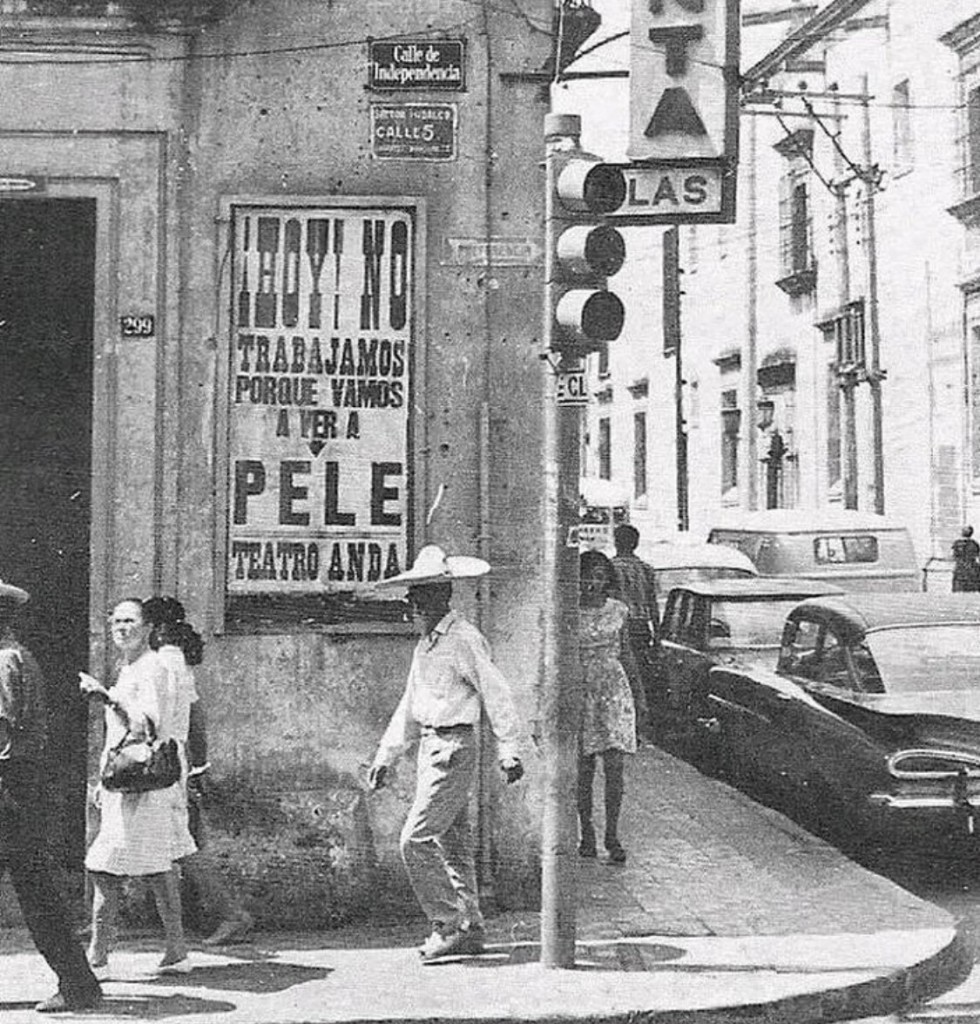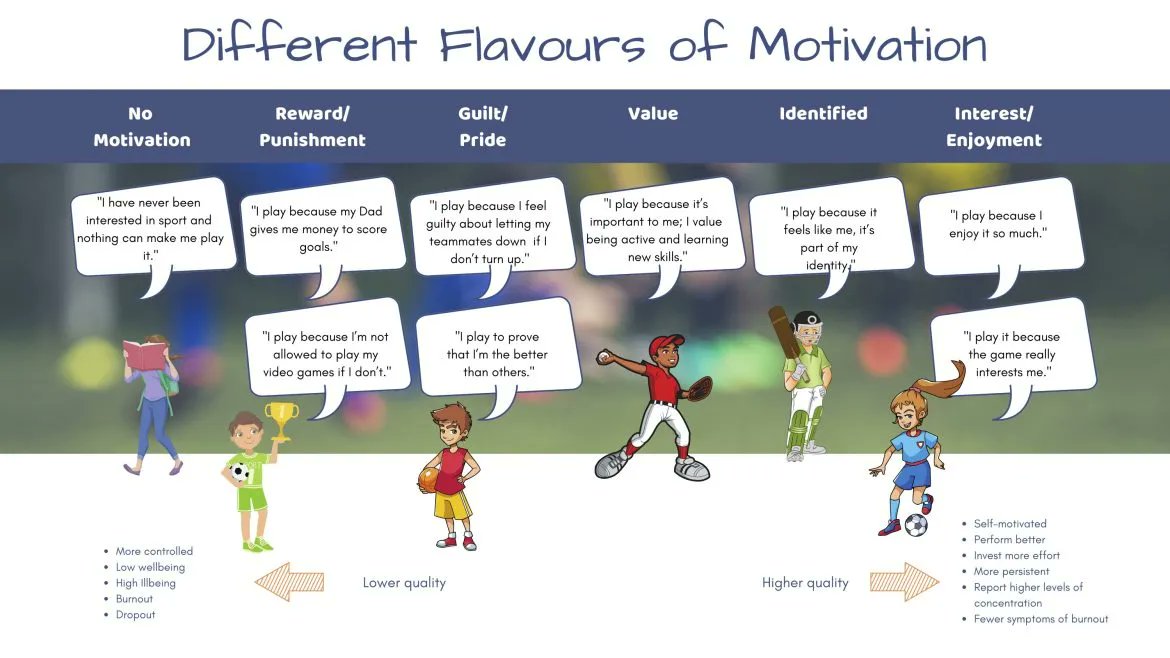Bas Van Hooren Guy Plasqui and Romuald Lepers Physiological, Spatiotemporal, Anthropometric, Training, and Performance Characteristics of a 75-Year-Old Multiple World Record Holder Middle-Distance Runner in International Journal of Sports Physiology and Performance online 30 november 2022.
Master athletes constantly attract the attention of sport scientists and exercise physiologists because they represent a group that can provide essential insights into the ability of humans to maintain physical performance and physiological function with advancing age. Age-related changes in physiological characteristics in master athletes have been mainly examined in endurance athletes such as marathoners. Recent studies evidenced that some world-class endurance master athletes have a very high cardiorespiratory capacity as shown through a maximal oxygen uptake (VO2max) of 64.5 mL·kg−1·min−1 at 60 years and 46.9 mL·kg−1·min−1 at the age of 70 years, respectively.
To our knowledge, the physiological profile of world-class master middle-distance runners has never been examined. While long-distance running performances are typically explained by 3 primary physiological variables (maximum oxygen uptake, running economy, and lactate threshold), maximal sprinting speed is also considered as an essential performance determining factor for middle-distance running performances, in particular among athletes with the same maximal aerobic speed. In the present study, we investigated cardiorespiratory variables, maximal sprint speed, anthropometrics, and spatiotemporal variables of a 75-year-old world-class middle-distance runner who ran a 1500 m in 5 minutes 16 seconds in 2022, the second world fastest time in the age group of 75–79 years ever recorded.
Conclusion
In conclusion, this 75-year-old world-class middle-distance runner presents an exceptionally high VO2max and anaerobic speed reserve ratio. In addition, his resilience to injuries enabled him to sustain regular training since his 50s and achieve international performances in different age-group categories. Further research is needed to better understand the interaction between injury occurrence, physiological capacity, and performance level with advancing aging.






